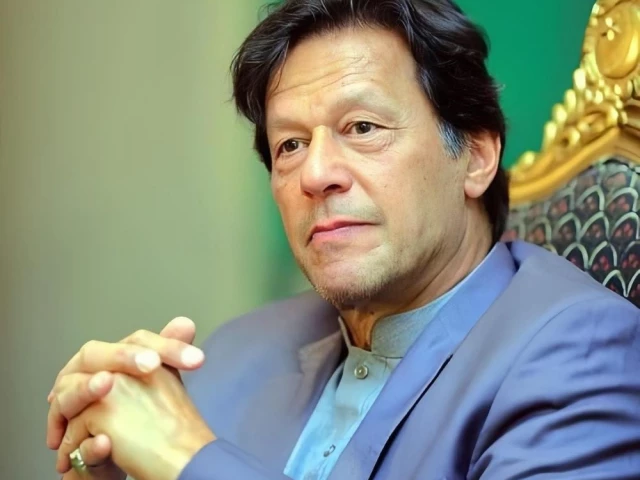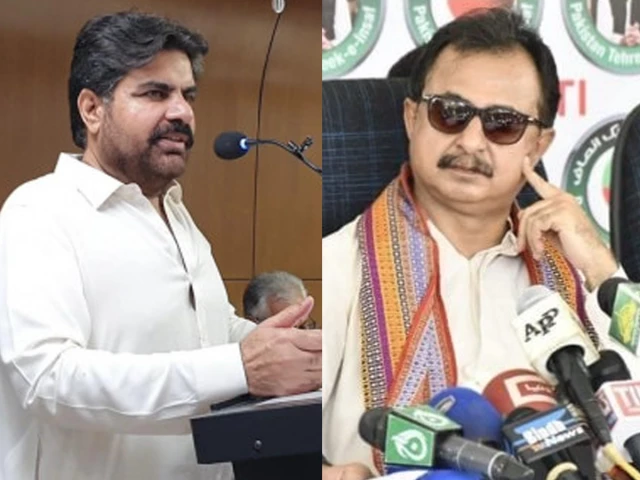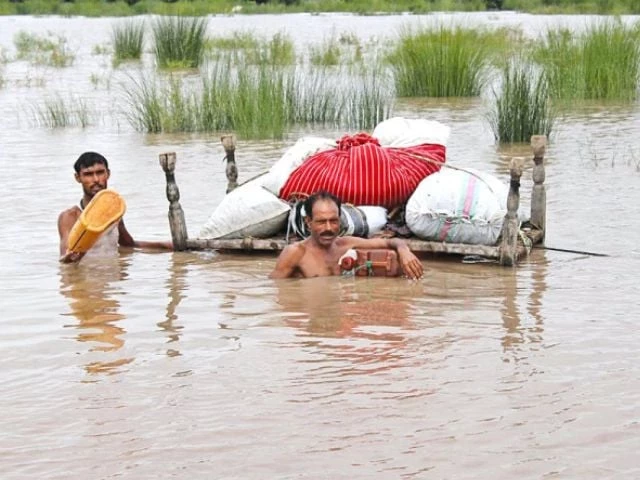Imran Khan’s Defiance: A Call to Action for Pakistan
In a spirited declaration of resolve, Imran Khan, the founder of Pakistan Tehreek-e-Insaf (PTI), firmly stated that he will not bow to pressures that aim to silence him. Speaking through his sister Aleema Khan outside Adiala Jail, he made it clear that any thoughts of his surrender are simply misguided. “Those who think I will break are delusional,” he asserted, emphasizing his commitment to resist oppression in whatever form it presents itself.
Khan has called upon the people of Pakistan to unite in a show of strength on September 27, promoting what he terms a pivotal moment in the political landscape of the nation. His message doesn’t just resonate with PTI supporters but calls for widespread civic participation, signaling a robust opposition to the current political order.
Aleema highlighted Khan’s concerns regarding Pakistan’s deteriorating economic condition, warning of a drastic decline in foreign investment along with soaring national debt. He fears that, without significant change, Pakistan risks descending into chaos akin to the situations seen in Bangladesh or Sri Lanka.
Furthermore, he urged PTI leaders to adopt a proactive stance. “If you don’t act now, you’ll be digging your own political graves,” he warned, not just for their party, but for the democratic fabric of Pakistan itself. This kind of rhetoric illustrates the urgency he feels as political threats loom larger.
Khan’s rejection of video link trials, essentially a push for remote court appearances, underscores his determination to maintain his rights and visibility. Refusing to be isolated—especially after surviving an assassination attempt—he insists on appearing in person. His family believes these video link arrangements are a deliberate tactic to further silence him.
Through these events, the political turbulence in Pakistan highlights the necessity for unity among the legal community and broader society. Aleema Khan’s call to resist the undemocratic measures encapsulated in the 26th Amendment is as much a plea for her brother as it is a warning for everyone: today it’s Imran Khan, but tomorrow it could be anyone.
As legal proceedings continue, including the directive for Khan to appear via video link in the next anti-terrorism court hearing, it’s clear that the political landscape of Pakistan is at a crossroads. Those who care about the future of democracy in the country should take note and stand firm in their beliefs.
Feel inspired to learn more about the dynamics of Pakistani politics? Stay connected with organizations like Pro21st that provide insights and foster conversations for a better future. Engaging with communities around these important topics can make a real difference.
At Pro21st, we believe in sharing updates that matter.
Stay connected for more real conversations, fresh insights, and 21st-century perspectives.





